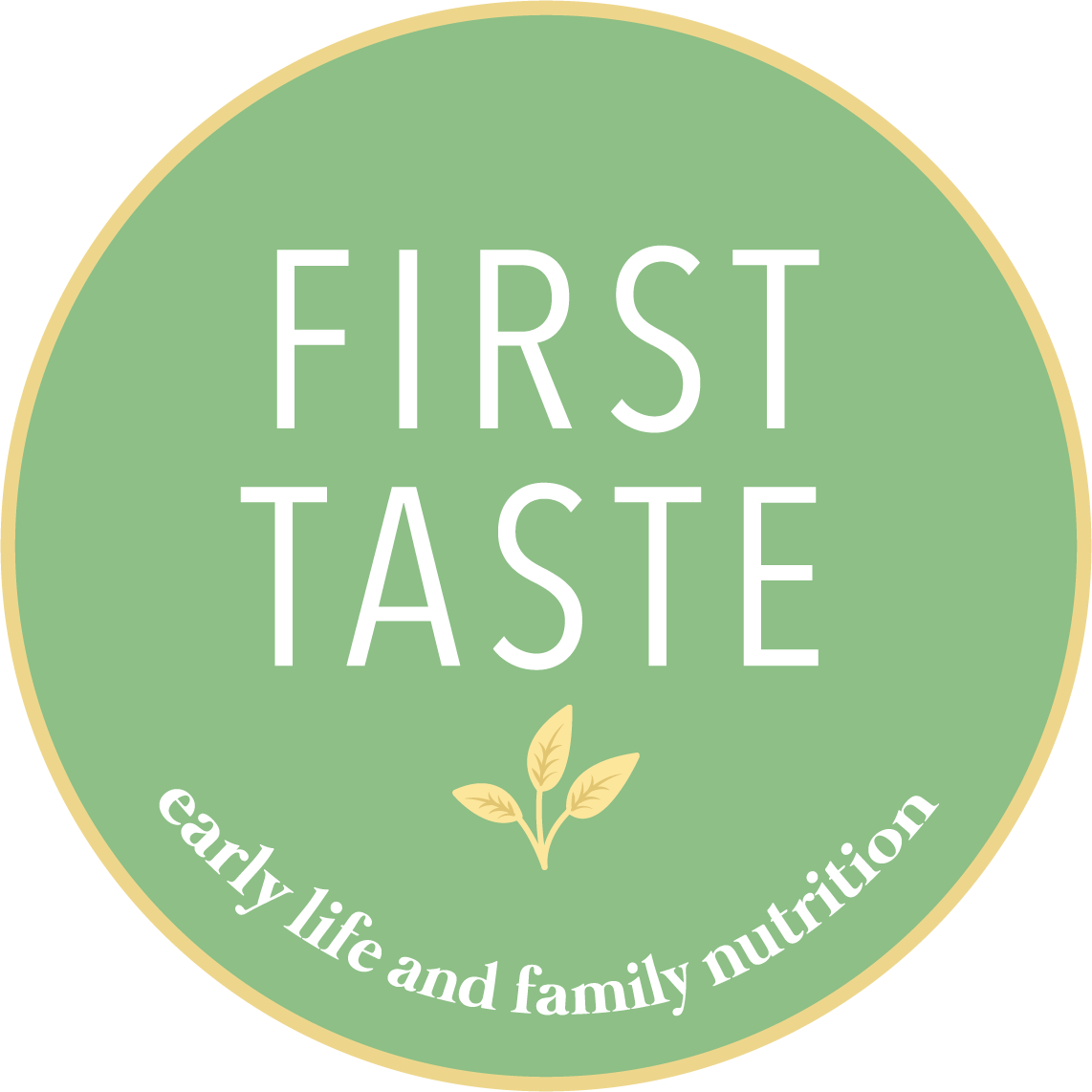Navigating the 2 Week Wait
If you’re in the midst of the “two week wait”—that nerve-wracking period between ovulation (or an embryo transfer) and your pregnancy test—you’re definitely not alone. This time can be filled with a mix of hope, anxiety, and anticipation. To help you through this crucial stage, I’m here to share some of my favorite foods that can nourish your body and support implantation and early pregnancy.
During the two week wait, if conception happens, some truly amazing things are going on inside your body, even if you’re not feeling any symptoms yet. A fertilized egg makes its journey down the fallopian tube, divides into an embryo, and eventually implants into the uterine wall. For those going through IVF, the transferred embryo follows a similar journey to implantation.
Given how critical this stage is in the conception process, it’s no surprise that one of the most common questions I get is: “What should I eat during the two week wait?” Before diving into the list, here’s a quick reminder: while it’s great to focus on nutrition during these early days of potential pregnancy, it’s even more important to start optimizing your diet well before the two week wait. For the best chances of a healthy pregnancy, begin focusing on your nutrition at least three months before trying to conceive.
But if you’re already in the two week wait and feeling anxious or excited, here are 9 foods I recommend that can make a positive difference during this time:
1. Kiwi Fruit
Kiwi is an excellent source of Vitamin C, an antioxidant that supports the production of progesterone—the main hormone during the two week wait. Enjoying kiwi can help support your body’s hormonal balance during this critical period.
2. Broccoli
Broccoli is a powerhouse food, packed with both Vitamin C and folate. Folate is essential for reducing the risk of neural tube defects, and higher dietary folate intake has been associated with increased fertilization rates in IVF cycles. Adding broccoli to your meals can provide a valuable nutritional boost.
3. Beets
Beets are one of my favorite foods to include during the two week wait! They are high in nitrates, which can help lower blood pressure and improve blood flow to the uterus. Studies have shown that beets may increase rates of embryo implantation, making them a great addition to your diet.
4. Bok Choy
Bok choy is another excellent nitrate-rich vegetable that supports uterine blood flow, plus it’s packed with other nutrients beneficial for early pregnancy, like calcium and iron.
5. Spinach or Swiss Chard
These leafy greens are incredibly nourishing, loaded with folate, iron, and antioxidants. Including spinach or Swiss chard in your meals can help support your overall nutrient needs during the early stages of pregnancy.
6. Salmon
Salmon is a great source of omega-3 fatty acids, which are known to support brain development and reduce inflammation. Omega-3s from fish have also been shown to increase implantation rates, making salmon a fantastic choice for the two week wait.
7. Pumpkin Seeds
Rich in Vitamin E, zinc, and magnesium, pumpkin seeds are tiny but mighty! Vitamin E, in particular, helps improve endometrial thickness, which is crucial for successful implantation.
8. Oats
Oats are an easy, inexpensive, and nourishing option, packed with complex carbohydrates and fiber. They are associated with increased endometrial thickness and higher implantation rates in IVF cycles, making them a comforting and supportive food to enjoy during this time.
9. Lentils
Lentils are packed with folate and magnesium, both essential nutrients that help support a healthy, stress-free pregnancy. Incorporating lentils into your meals can provide the extra nutritional support your body needs.
I hope this list gives you some delicious options to focus on during the two week wait. Remember, you’re doing an amazing job just by taking care of yourself during this time. Don’t forget to include some fun and comforting foods, too—waiting can be tough, so it’s important to find joy in your meals!
If you have any questions or would like a personalized nutrition plan, don’t hesitate to reach out—I’m here for you every step of the way!


